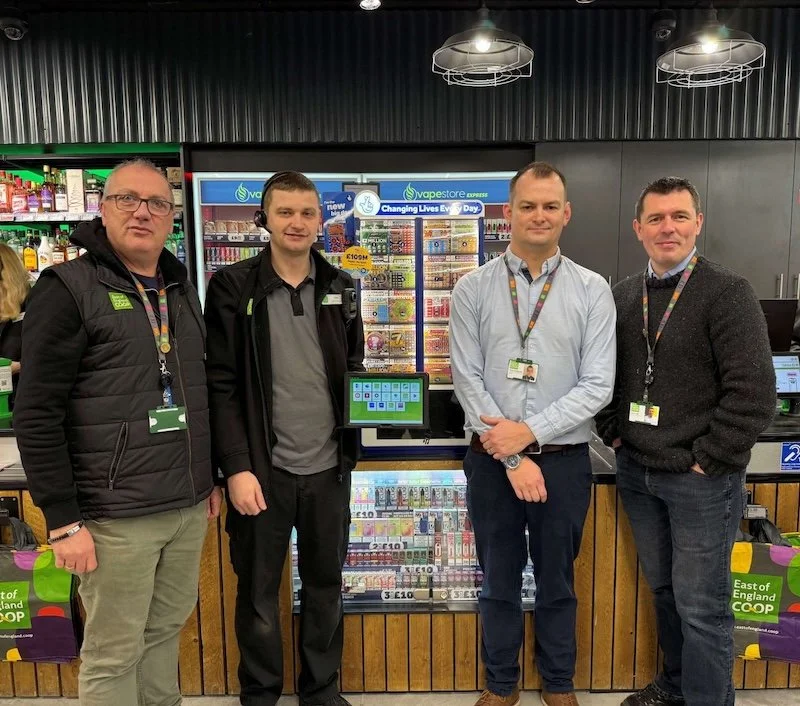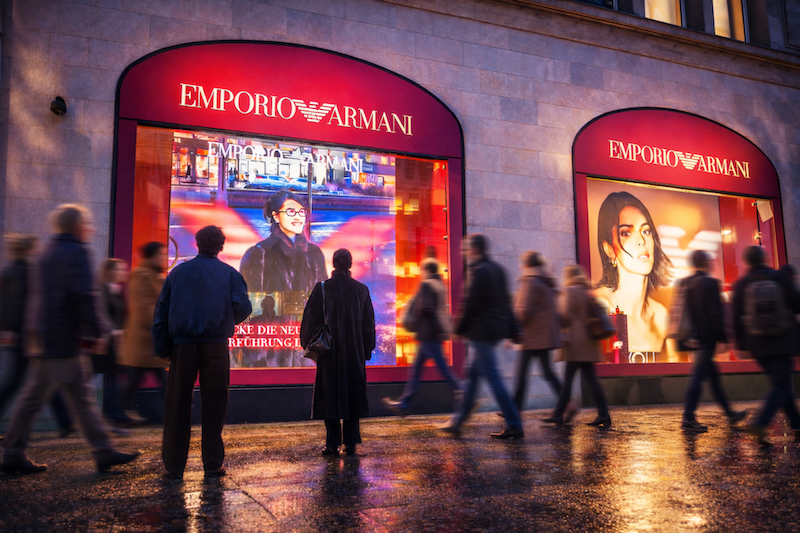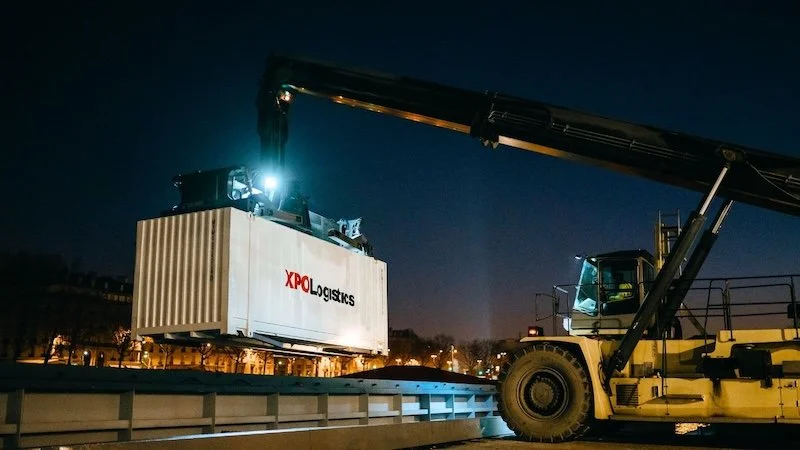Artificial intelligence powered checkout-free technology firm Zippin hits two million shoppers milestone
Checkout-free stores specialist Zippin reached a milestone this past weekend - serving two million shoppers.
A company spokesperson said: “Just seven months ago, we proudly announced our one millionth shopper. Today with two million, Zippin is a clear leader in checkout-free. No other provider has seen as nearly as many customers, making our AI the most mature.”
Checkout-free stores: retail’s next normal or overhyped and of limited value to high streets?
Checkout-free is retail's next to next normal, says Krishna Motukuri, CEO and Co-founder at Zippin.
In a recent tweet, he observed: “This is unfolding rapidly across stadiums and airports in the US and spreading to the rest of the world. Self-checkout and scan and go have too much friction to survive in the long run.”
There is undoubtedly a lot going on in this space, with various high profile store openings involving hot startups like AiFi, Trigo, Standard AI, and Grabango.
REWE, for instance, recently opened its fourth Trigo powered store, situated in Cologne, Germany’s fourth largest city.
Located in the Sülz neighbourhood, this is, at 564 sqm, Trigo’s largest store to date.
At the same time, however, autonomous stores have been on the retail scene for a few years now and yet live in the high street we’re not really seeing the penetration that, if they’re being brutally honest, investors and retailers trialling the technology would admit they want.
By way of example, in January, Amazon Fresh UK closed its Dalston, London location, less than 18 months after opening it in a blaze of glory.
It is also understood to have walked away from talks on dozens of sites, and stopped its search for more locations.
According to media reports, Amazon has slammed on the brakes due to sales falling short of expectations and fit out costs being multiple times higher than with a standard location.
We at RTIH have certainly been hearing that Amazon is not alone here. Across the board the price point is too high and therefore limiting adoption.
Until both consumer demand drives it and the ROI shows a real win, then this will continue to be a cool technology but of limited value in the high street.
The key win is to eliminate queuing at the checkout and that’s where the consumer will see significant advantages.
But in 2023, amidst major economic turmoil, the focus is on cost consciousness, and, in our humble opinion, without the ability to drive down costs this space is two or three years away from truly going mainstream.















Continue reading…